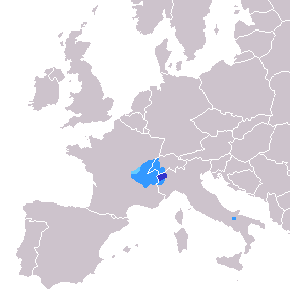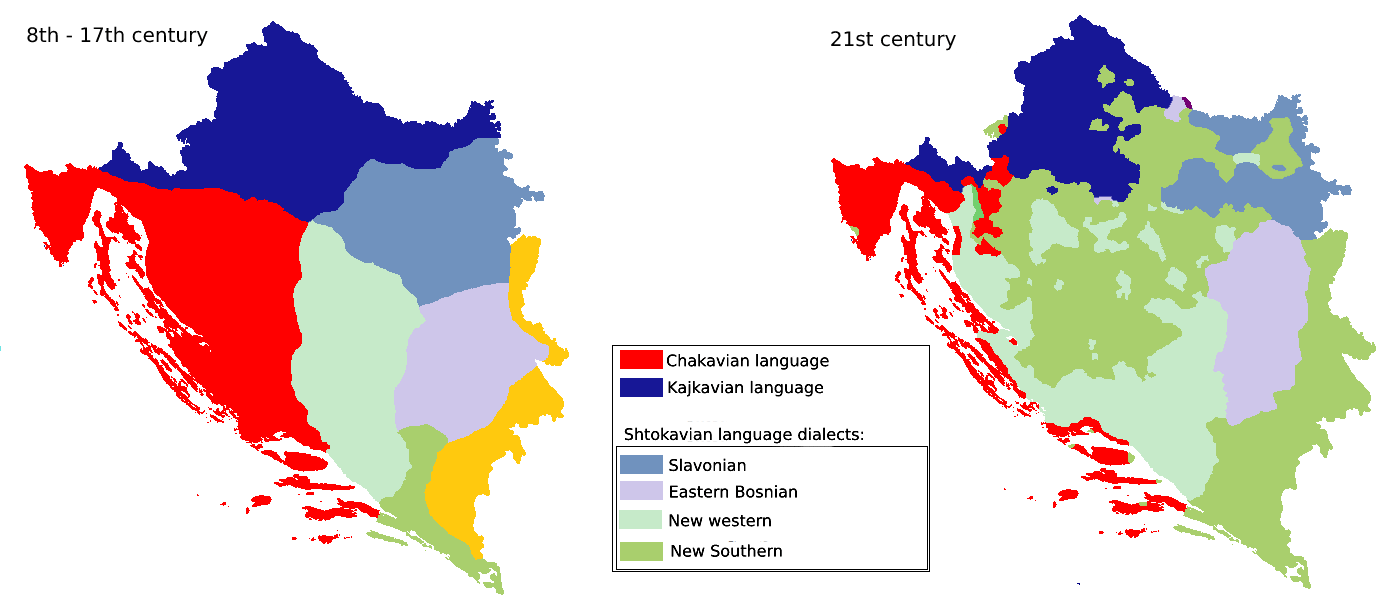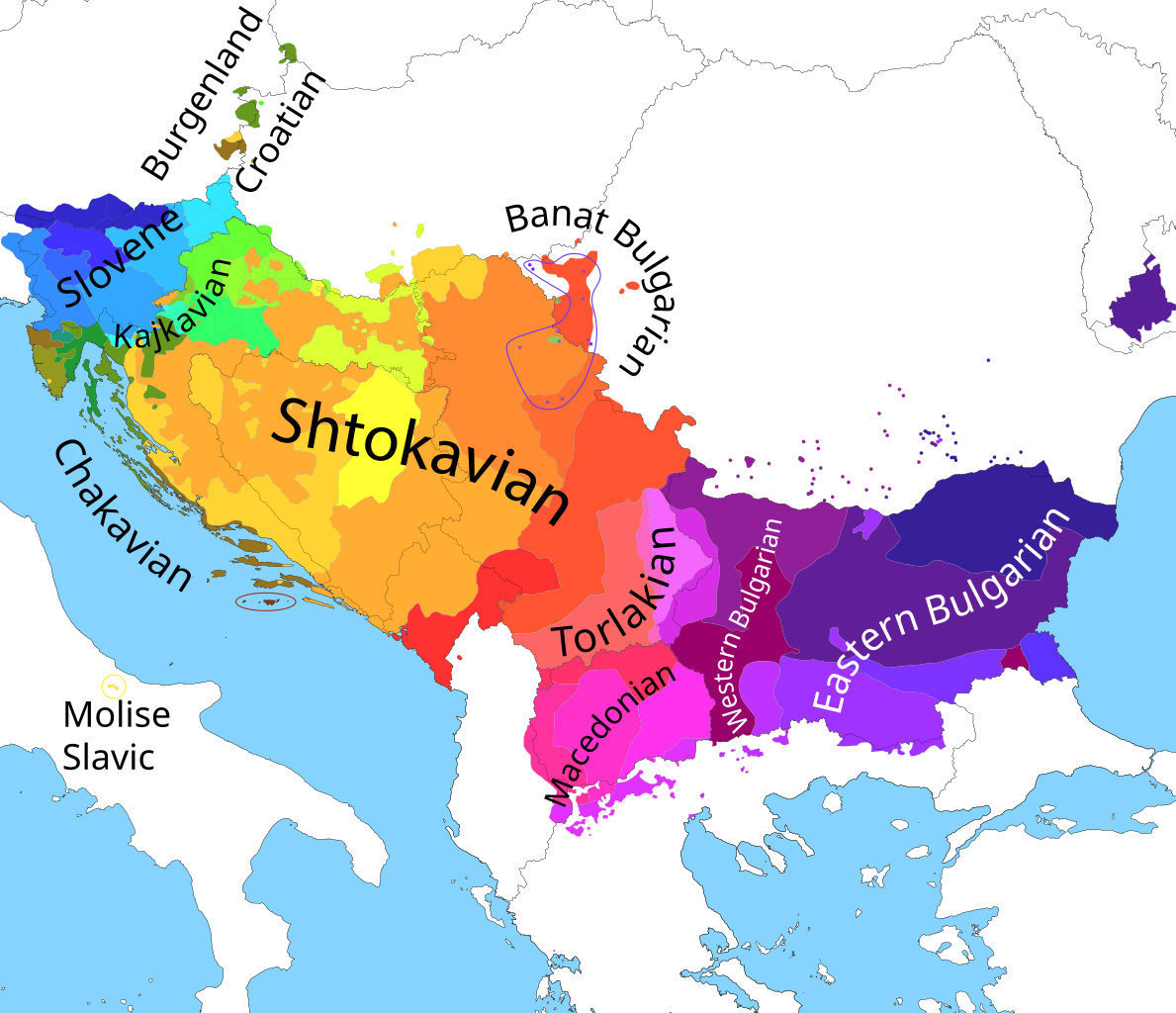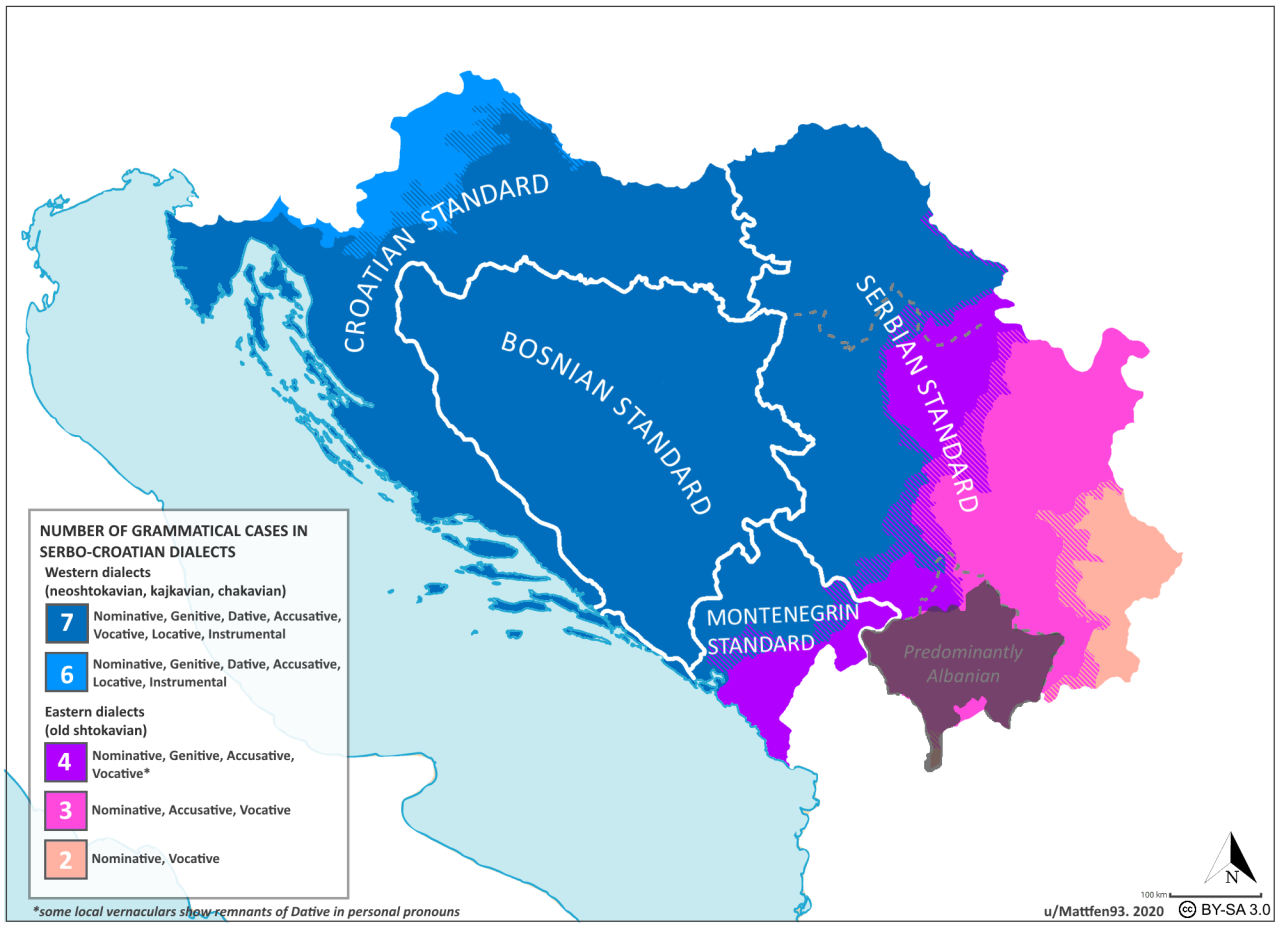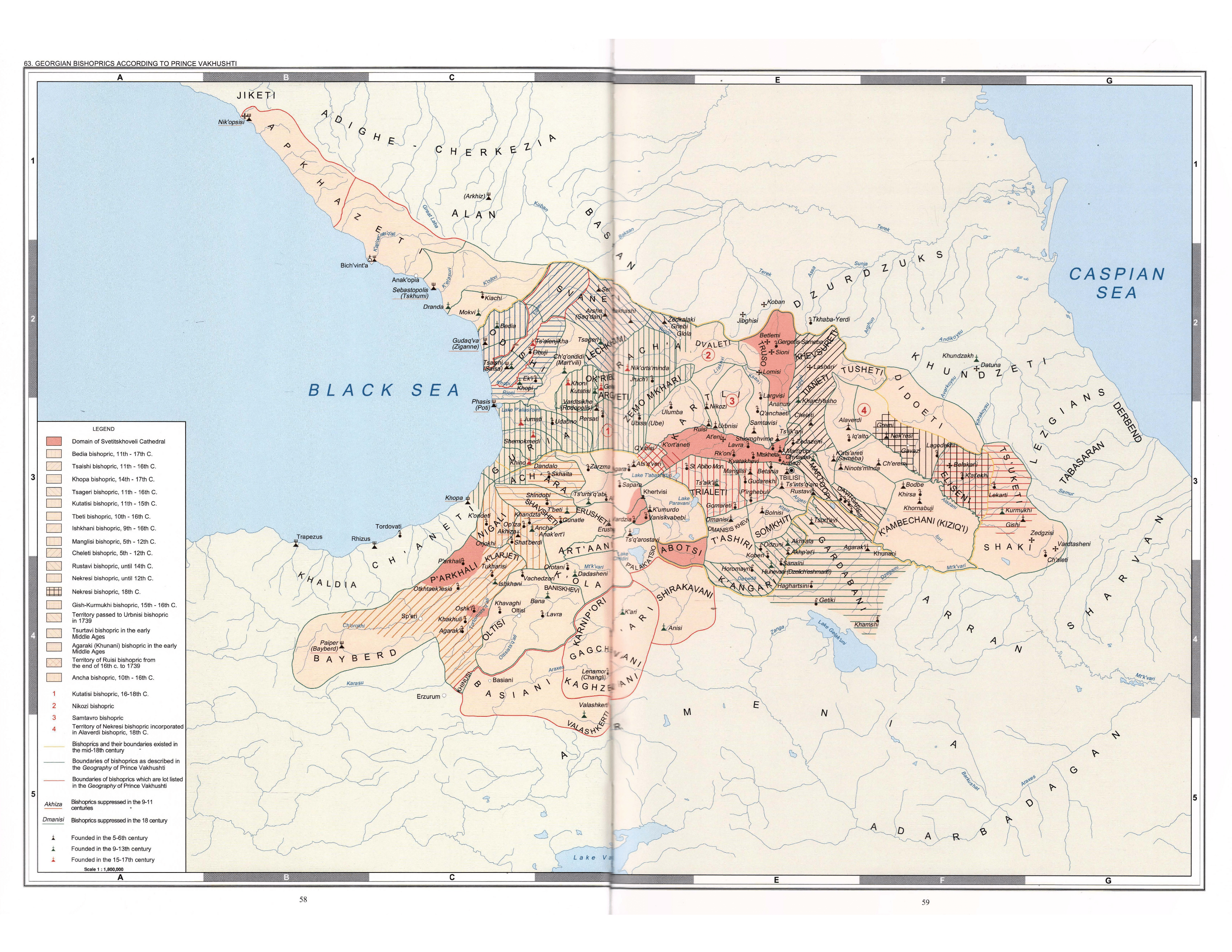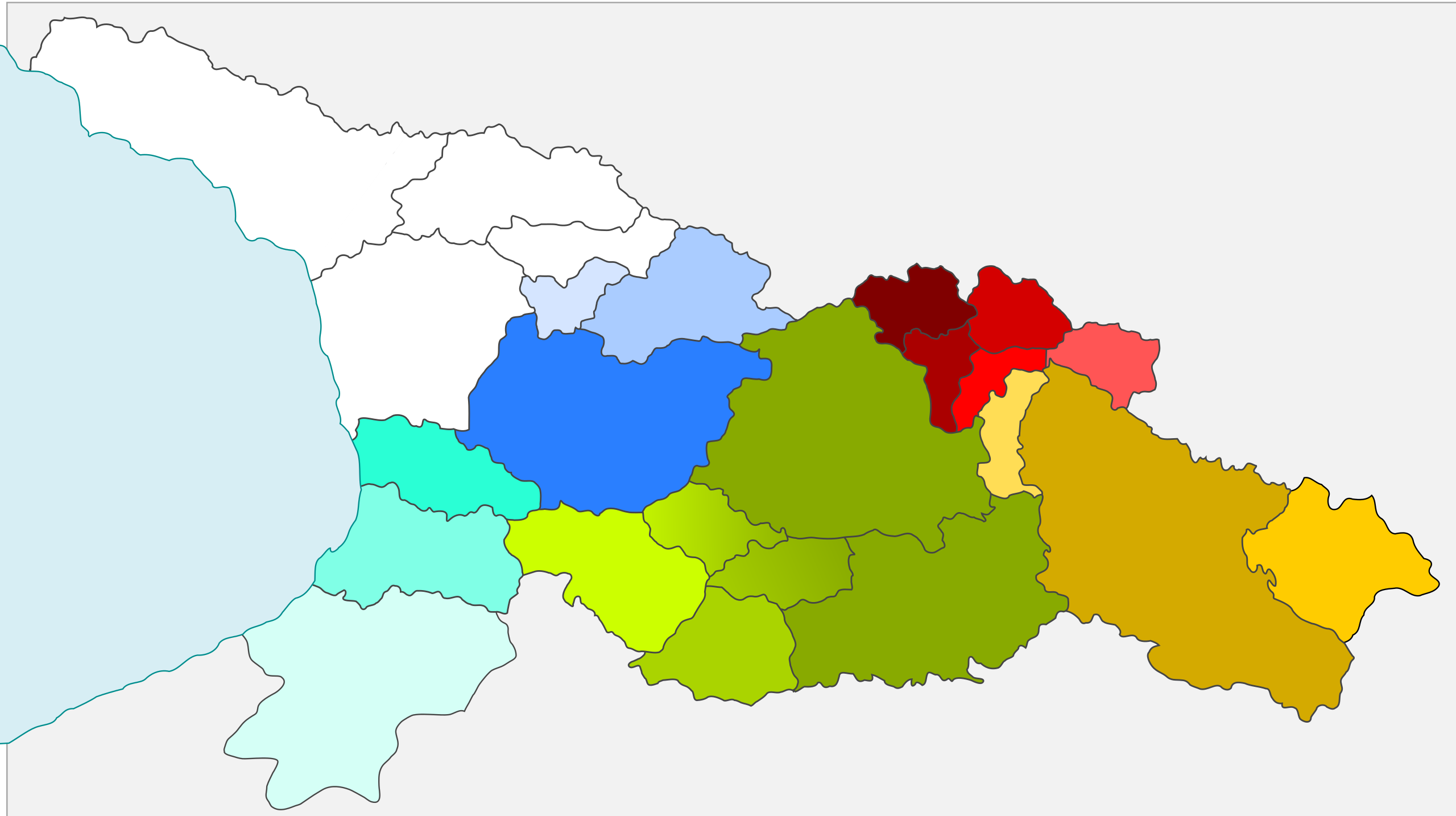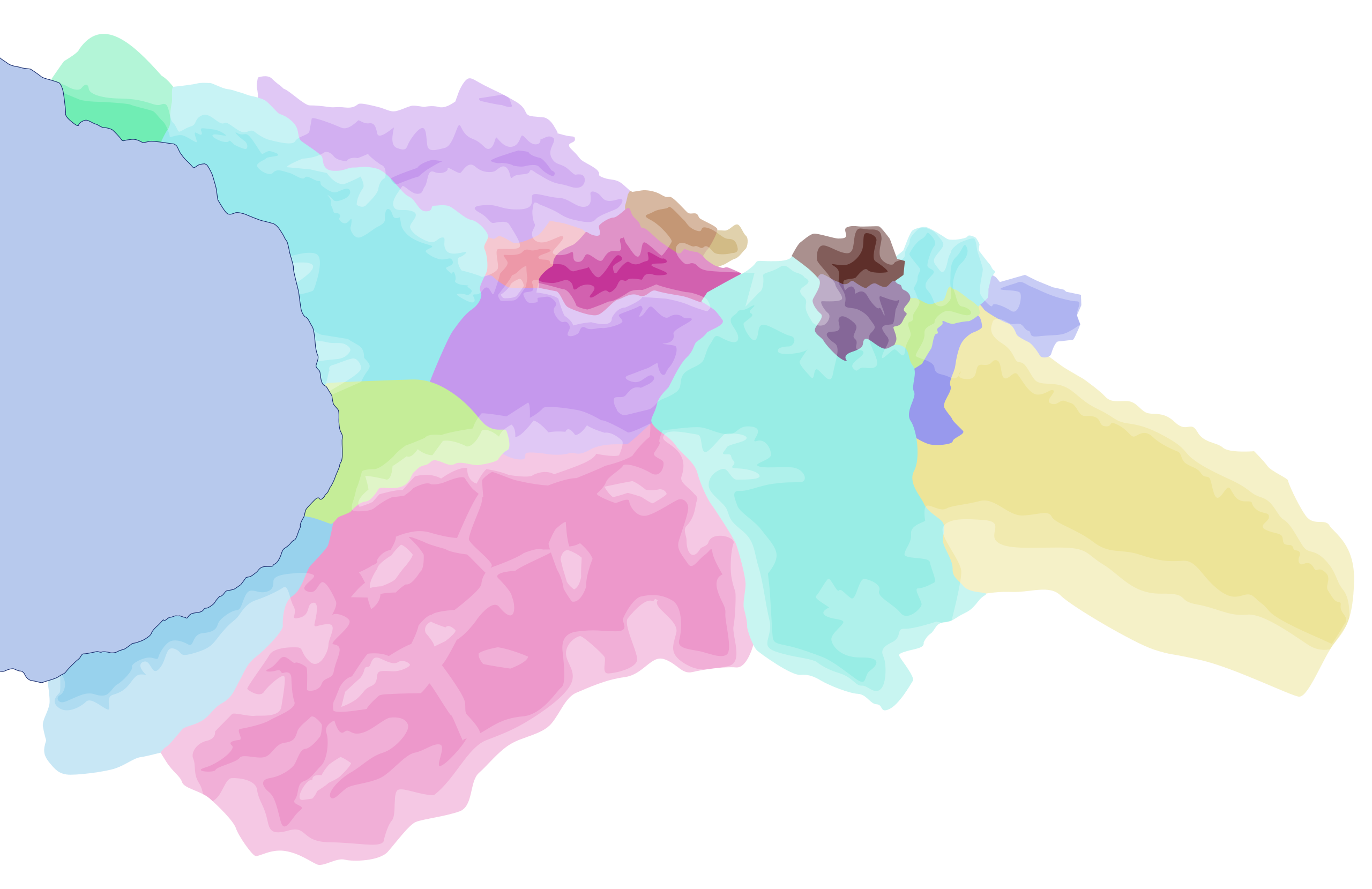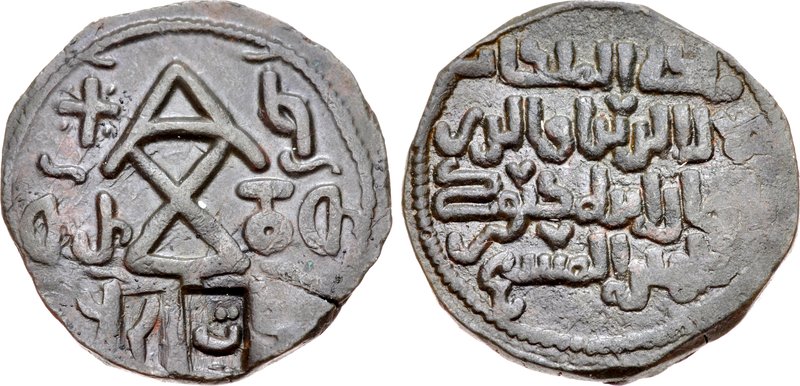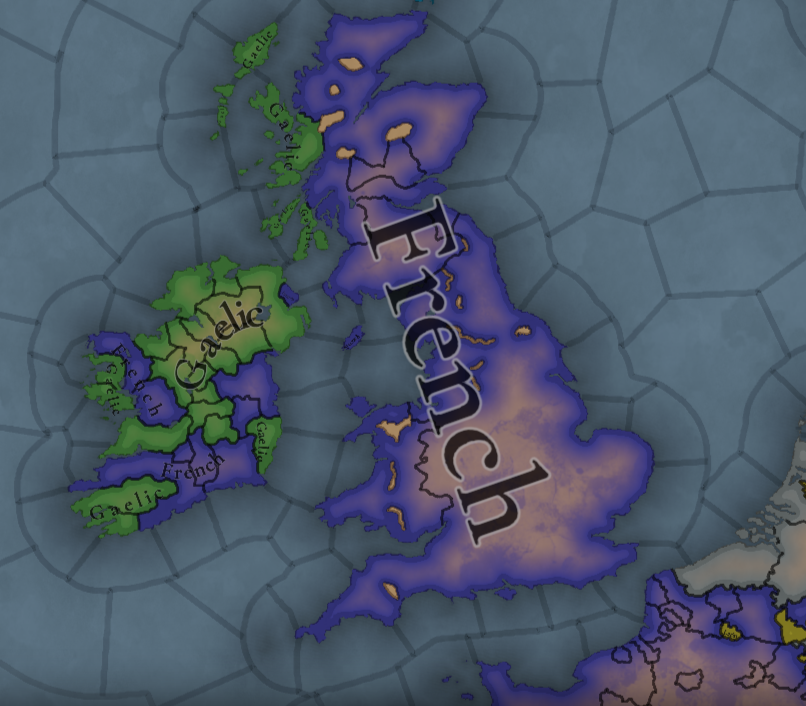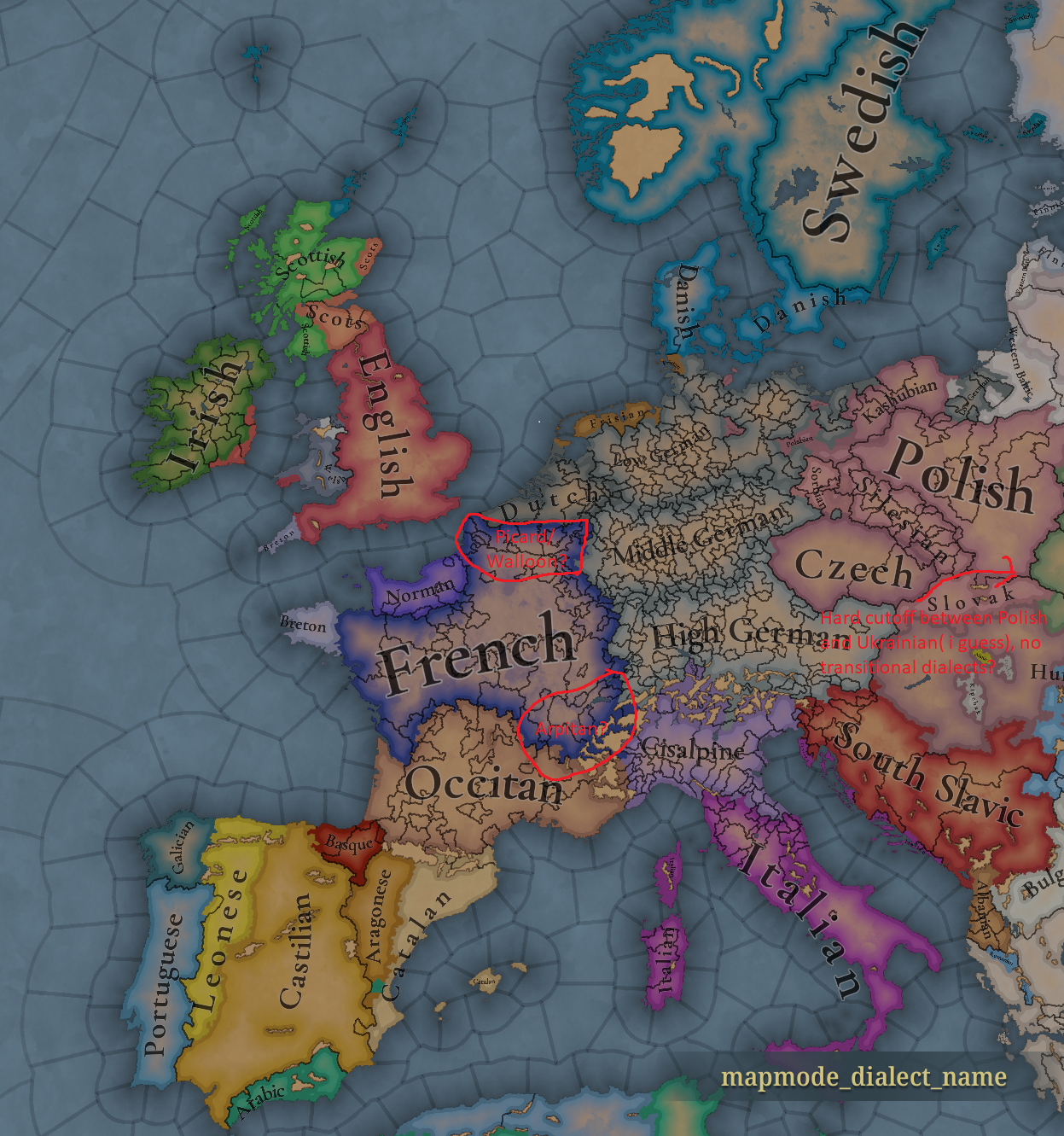Welcome to this week's Tinto Talks. Please stop trying to guess the name of the game, it's going to land us in trouble when you figure it out.
I'm @SaintDaveUK, and this week I'm going to delve into Cultures and some related mechanics like Language.
As such we would appreciate it if the discussion on this thread is limited to the mechanics of the culture system as presented here, and direct your specific feedback for the culture setup to the relevant regional Tinto Maps where it will be much more helpful.
So, what is Culture? Culture is the culmination of vernacular, music, food, identity, ethnicity, art and various other hard-to-define ideas. It is something possessed by countries, pops, and characters. It contains two main dimensions: Culture Group and Language.

A fairly typical example of a Culture, consisting of a Language and a Culture Group.
This is represented with cultural opinions, which in ascending order are: enemy, negative, neutral, positive, kindred. This mainly gives modifiers in various places, for example, country opinions of each other, or how expensive they are while Accepted.
Most of these will exist from 1337, but there is a Diplomatic Action to change an opinion over time.

A list of cultures present inside Aragon, with two-way opinions relative to the primary culture Catalan. Please note that these opinions are WIP, and might not be final.

Each culture costs a different Cultural Capacity, depending on relative size, opinions, culture groups, and languages.
Even though an Accepted Culture costs 3x more capacity than Tolerated, it’s usually much more desirable as they will give you more levies and sailors. Accepted Cultures also count towards whether you can core a province, and whether a colonial charter will flip to your ownership. Countries whose primary culture is one of your accepted cultures will see you more favourably.
However, Accepted pops cannot be slaves, and you cannot Accept a culture with "Enemy" culture opinion.
Primary Culture is an important gate to a lot of gameplay content, such as Advances, Unit Types, Government Reforms and so on. It’s impossible to list it all here, but just know that the primary culture you have can affect many parts of the game.
You can swap your primary culture with an accepted culture if it fulfils the requirements, such as if it becomes the dominant culture in your country or if it is the culture of your ruler. There is also a game rule for it to be of the same Culture Group.

Note that this is WIP and examples like Iranic and Indic language groups haven’t been set up.
Languages have Language Power, which is impacted by many sources such as which countries use it as a court language, common language, and liturgical language. It is expressed as a percentage of the most powerful language in the world, and impacts the intensity of bonuses you get from it.

Un ejemplo.

The dominant language in each location is shown.
Dialects are purely for flavour and have no gameplay effect; two dialects are considered identical for most purposes such as opinion bonuses, and they share stats like Language Power. For example, both Leonese and Castilian are considered the same Spanish language and so share the same Language Power, but may have different character names, location names and potentially other light flavour too.

A map showing the dominant dialects in each location. The current setup is WIP, for example we haven't split up South Slavic or Italian.

Here is a sketch showing the structure of the Germanic language group and its languages and dialects.
Countries have several different ways of interacting with Languages.
In general, you will want to adopt a liturgical language with high language power, as it affects your research speed.

Locations will have a higher attraction towards markets that share their dominant language, and a slightly smaller bonus if they only share a language family.

Unlike the others, Court Languages can be changed almost at will. The possible languages are drawn from your Primary and Accepted Cultures, your ruler, or your Overlord country. The exact court language you have affects the satisfaction of the various estates: Nobles want you to have a more powerful language, meanwhile peasants just want it to be the Common Language. Burghers are happy if you use the same as the capital’s Market Language. The Clergy of course want everything to be in the Liturgical Language.
Most countries start with the same Court Language as their Common Language, but significant examples of where it is different in 1337 would include Norman French in England and Church Latin in Catholic theocracies.

A good example would be the British culture group. The diverse cultures of Great Britain have 3 different languages, across several different countries, and yet they are still united by their shared history and cultural influence that transcends the borders.

An important culture group.
In gameplay terms, Culture Groups give small opinion bonuses and make culture acceptance a lot cheaper, but also various pieces of content are gated behind Culture Group instead of Culture. For example, your primary culture needs to be in the British culture group to form the Great Britain tag. The game rules can be set to also prevent you from changing your Primary Culture to one in a different Group.
One change we have made from EU4 is that cultures can belong to multiple different Culture Groups, or if they are isolated enough, none at all.

Norse-Gael is the most extreme example of multiple Culture Groups, but the median will be closer to 1 or 2.
That’s all for now, but our talks on culture don’t stop here. Next week the artist currently known as Johan will make a song and dance about some deeper aspects of Culture that are brand new for Project Caesar, such as Works of Art and Culture War.
I'm @SaintDaveUK, and this week I'm going to delve into Cultures and some related mechanics like Language.
Culture
Culture is a tricky topic because it is so abstract as a concept, but also it’s an area of our games that people have quite strong opinions about, especially when they have real-world connections to that culture.As such we would appreciate it if the discussion on this thread is limited to the mechanics of the culture system as presented here, and direct your specific feedback for the culture setup to the relevant regional Tinto Maps where it will be much more helpful.
So, what is Culture? Culture is the culmination of vernacular, music, food, identity, ethnicity, art and various other hard-to-define ideas. It is something possessed by countries, pops, and characters. It contains two main dimensions: Culture Group and Language.

A fairly typical example of a Culture, consisting of a Language and a Culture Group.
Culture Opinion
For the most part, cultures all consider each other to be neutral, but they can also have natural preference or aversion to specific cultures.This is represented with cultural opinions, which in ascending order are: enemy, negative, neutral, positive, kindred. This mainly gives modifiers in various places, for example, country opinions of each other, or how expensive they are while Accepted.
Most of these will exist from 1337, but there is a Diplomatic Action to change an opinion over time.

A list of cultures present inside Aragon, with two-way opinions relative to the primary culture Catalan. Please note that these opinions are WIP, and might not be final.
Culture Capacity
Cultural Capacity represents the maximum number of cultures a country can tolerate or accept. For most countries it starts quite low, but there is an Advance every age to increase the maximum, as well as various other sources like Government Reforms and Policies.
Each culture costs a different Cultural Capacity, depending on relative size, opinions, culture groups, and languages.

| 
|
Non-Accepted Cultures
By default, every culture in the world is Non-Accepted to you. It is the default state, and at best means you ignore them. Non-Accepted pops are pretty miserable in your country but also don’t provide you with any benefits.Tolerated Cultures
If you have the cultural capacity, you can elevate a culture to a Tolerated Culture. This will make the pops a little more content. Tolerated pops will grow as normal, and they will also be a bit happier.Accepted Cultures
You can elevate a culture further into being Accepted, at which point they gain special rights.Even though an Accepted Culture costs 3x more capacity than Tolerated, it’s usually much more desirable as they will give you more levies and sailors. Accepted Cultures also count towards whether you can core a province, and whether a colonial charter will flip to your ownership. Countries whose primary culture is one of your accepted cultures will see you more favourably.
However, Accepted pops cannot be slaves, and you cannot Accept a culture with "Enemy" culture opinion.
Primary Culture
At the very top of the pyramid is Primary Culture, of which every country has exactly one. This is the principal culture of the apparatus of state, and it is favoured in many calculations. It is not necessarily the largest culture, you can find several countries where a small elite of nobles or clergy rule over the peasant masses belonging to different cultures.Primary Culture is an important gate to a lot of gameplay content, such as Advances, Unit Types, Government Reforms and so on. It’s impossible to list it all here, but just know that the primary culture you have can affect many parts of the game.
You can swap your primary culture with an accepted culture if it fulfils the requirements, such as if it becomes the dominant culture in your country or if it is the culture of your ruler. There is also a game rule for it to be of the same Culture Group.
Language
Attached to cultures is the Language system, which is spread across 3 tiers: Dialect, Language, Language Family. Of the three, Language is the most important and where most of the gameplay takes place.Language Families
The largest subdivision, many Languages belong to a Language Family, for example Arabic belonging to Semitic. The Indo-European family is split into its sub-groups like Germanic and Romance, because otherwise it is simply too large. Languages like Basque are isolated, and so do not exist in a Language Family. This mostly offers a small opinion bonus and also slightly minimises cost for things like culture acceptance and market attraction.
Note that this is WIP and examples like Iranic and Indic language groups haven’t been set up.
Languages
Every culture has a single Language which represents the most common vernacular amongst its people. Languages are often larger groups that are comparable to an EU4 culture group in size, if anyone here has played that game. For example, Iceland to Sweden all use variants of the Scandinavian language, while everyone from Vienna to Hamburg will use variants of the German language.Languages have Language Power, which is impacted by many sources such as which countries use it as a court language, common language, and liturgical language. It is expressed as a percentage of the most powerful language in the world, and impacts the intensity of bonuses you get from it.

Un ejemplo.

The dominant language in each location is shown.
Dialects
To add diversity within a Language, we have a system of Dialects (though we aren’t especially set on that nomenclature). They represent vernaculars that in Project Caesar’s time period broadly formed a dialectical continuum, and are an effective way to differentiate them without weakening them by splitting them into full Languages.Dialects are purely for flavour and have no gameplay effect; two dialects are considered identical for most purposes such as opinion bonuses, and they share stats like Language Power. For example, both Leonese and Castilian are considered the same Spanish language and so share the same Language Power, but may have different character names, location names and potentially other light flavour too.

A map showing the dominant dialects in each location. The current setup is WIP, for example we haven't split up South Slavic or Italian.

Here is a sketch showing the structure of the Germanic language group and its languages and dialects.
Countries have several different ways of interacting with Languages.
Common Language
The Common Language of a country is simply the language that is used by the primary culture. It can’t be chosen or changed without affecting the Primary Culture.Liturgical Language
Every country has a Liturgical Language, which represents the language that the Clergy use in their rituals and scriptures, and by extension what scholars use in their academic works. Some religions allow a country to choose whichever liturgical language they like, (for example, Eastern Orthodox countries variously use languages like Greek or Church Slavonic) whereas Catholic and Islamic countries are forced to use Latin and Arabic respectively.In general, you will want to adopt a liturgical language with high language power, as it affects your research speed.

Market Language
Markets also have a Market Language representing the Lingua Franca used between the merchants, which is based on the dominant language of the burghers in the Market Capital. The higher the market power, the higher its contribution to the Language Power.Locations will have a higher attraction towards markets that share their dominant language, and a slightly smaller bonus if they only share a language family.

Court Language
Every country also has a Court Language, which represents the primary vernacular used in formal proceedings in the government, for example it might be the language spoken in parliament or written in legal documents.Unlike the others, Court Languages can be changed almost at will. The possible languages are drawn from your Primary and Accepted Cultures, your ruler, or your Overlord country. The exact court language you have affects the satisfaction of the various estates: Nobles want you to have a more powerful language, meanwhile peasants just want it to be the Common Language. Burghers are happy if you use the same as the capital’s Market Language. The Clergy of course want everything to be in the Liturgical Language.
Most countries start with the same Court Language as their Common Language, but significant examples of where it is different in 1337 would include Norman French in England and Church Latin in Catholic theocracies.

Culture Group
A Culture Group is a set of Cultures that have some sort of shared identity towards each other. Culture Groups are usually independent of language and current diplomacy, but rather represent a more geographic or genealogical connection that is difficult to represent without abstraction.A good example would be the British culture group. The diverse cultures of Great Britain have 3 different languages, across several different countries, and yet they are still united by their shared history and cultural influence that transcends the borders.

An important culture group.
In gameplay terms, Culture Groups give small opinion bonuses and make culture acceptance a lot cheaper, but also various pieces of content are gated behind Culture Group instead of Culture. For example, your primary culture needs to be in the British culture group to form the Great Britain tag. The game rules can be set to also prevent you from changing your Primary Culture to one in a different Group.
One change we have made from EU4 is that cultures can belong to multiple different Culture Groups, or if they are isolated enough, none at all.

Norse-Gael is the most extreme example of multiple Culture Groups, but the median will be closer to 1 or 2.
That’s all for now, but our talks on culture don’t stop here. Next week the artist currently known as Johan will make a song and dance about some deeper aspects of Culture that are brand new for Project Caesar, such as Works of Art and Culture War.



.jpg)
